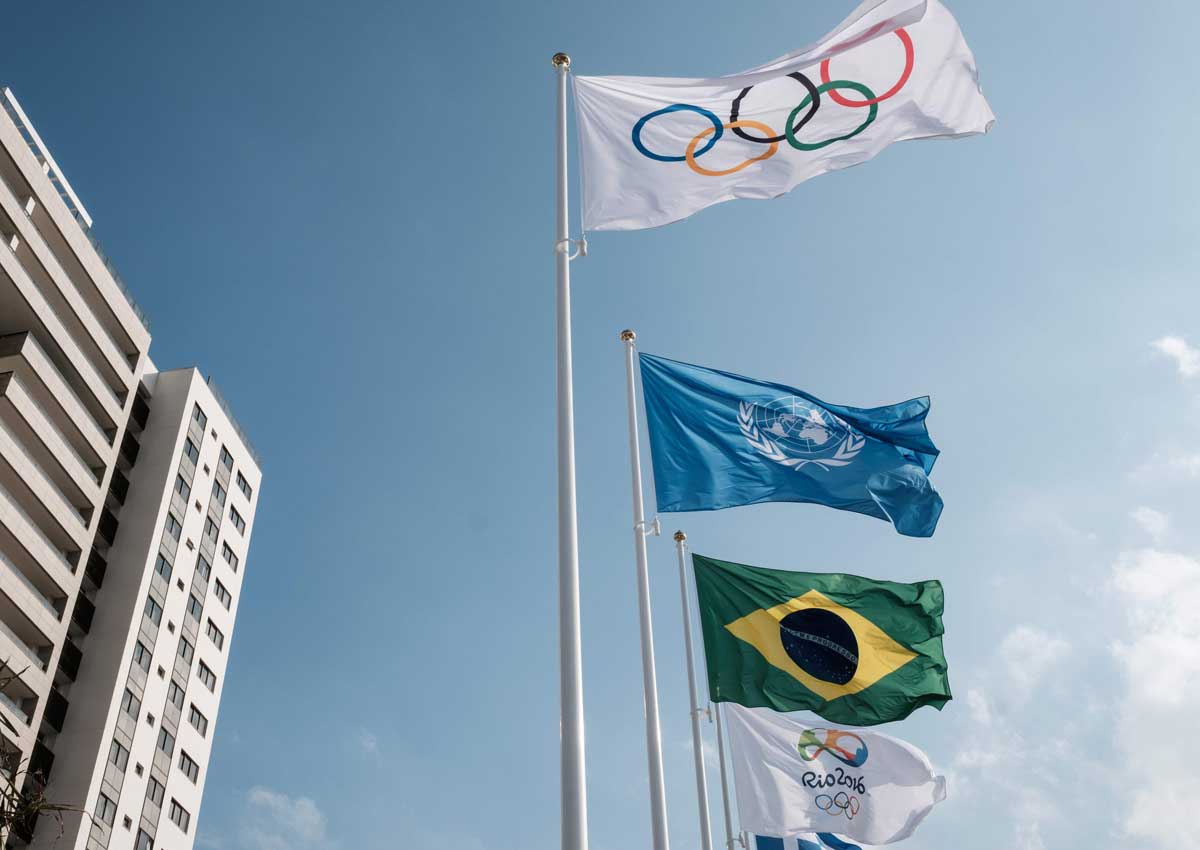You’ve been waiting for roughly 1,400 days. Doesn’t matter if you’re Usain Bolt the legend; Paulo Amotun Lokoro, the former cattle herder and now 1,500m runner from South Sudan; Kathleen Baker, the US swimmer with Crohn’s disease; or Jasmine Ser, the Singapore shooter. Everyone has to wait for the Games.
Everyone has to endure 1,400 days of alarms going off – unless you take Sundays off. You can’t explain to people that most mornings something aches. Some mornings everything aches. But this life, and these hands blotched with torn skin that rower Saiyidah Aisyah has, this is your choice. This life where you have awful days, unwell days, unlucky days, rainy days, good days, birthdays, you can’t stop.
You get up like Quah Zheng Wen at 4.45am and dive into a cold pool. You leap into a wet sandpit on a dripping day. You run past garbage in the lanes of a slum. You’re 10,000 different athletes from more than 200 nations with stories of poverty, luck, hard work, comebacks, setbacks but heading to one destination.
Rio.
You’ve been waiting 1,400 days but your journey has been much longer. Maybe 10 years or 15 and you need to thank somebody. Or blame someone. Your mother took you to gymnastics class, your teacher suggested you try rowing. That’s it. You were hooked, inspired and damned.
Your life for 1,400 days is spent driving yourself. Past anxiety, past injury, past finish lines, past the next competitor. Your desire to win is primitive, like an ancient human on a hunt. You tell people you “hate to lose” and they nod but they have no idea about the competitiveness that courses through you. If they did, they’d be appalled. You can’t explain the perfectionist that squats in your brain, till your obsessiveness feels like a curse. Joseph Schooling refuses to watch a TV series, just to keep himself from distraction.
People see the crowds in stadiums and think you’re lucky but no one watches your endless days at practice. No one sees table tennis star Feng Tianwei hit backhands on lonely evenings. No one sees the bloody blisters of the runner in Africa. No one really cares about your daily suffering. Except your mum who drops you to practice and your dad who made your lunch and your coach who can’t shut up.
You’re a natural, a thinker, a worrier, an optimist, an egotist, a choker. You come in all sizes and all neuroses. You nod when you hear that Chris Hoy kept a mattress next to his stationary cycle: When he was exhausted he just fell onto it. You grin when you hear that Herb Brooks, the US ice hockey coach at the 1980 Winter Olympics, told his team: “You don’t have enough talent to win on talent alone.”
Then you do another sit up.
You’ve spent too many days of those 1,400 days trying to shave .05 of a second from your timing or fixing a flaw in your vault, and still you can’t do it. You make the same mistakes. You lose again and again. You watch a person overtake you and it’s like your dream slipping away. You pout, swear, give up, cry. Then you try again. It’s who you are.
You’ve met a psychologist and a yogi. You’ve swallowed a capsule with a thermometer inside it to record your core body temperature. You’ve put on 14kg like sailor Griselda Khng because your event demands it. You do whatever it takes. For fear that somebody else will.
You’ve spent 1,400 days taking it step by step. You’ve stepped over your peers, into stadiums and onto podiums. You’ve stepped on a train after work like shooter Teo Shun Xie and gone to training. You’ve stepped in front of a mirror and seen yourself and 1,400 days later you look like someone else. More experienced, tougher, muscular. It’s not enough. It’s never enough.
You might be going to the Games for the last time like Michael Phelps or the first time like marathoner Neo Jie Shi. You’re both ready for the Zika virus, which makes you braver than some wusses we know of with steel-shafted clubs. You’ve got your ticket, your mosquito repellent and hopefully your nerve.
You’re just a few days away from the whistle and the bell and the command to start in Rio. You’re just a few weeks from long sleeps and hamburgers. After 1,400 days, the alarm is about to go silent.
And then you might miss it.

This article was first published on July 24, 2016.
Get a copy of The Straits Times or go to straitstimes.com for more stories.






